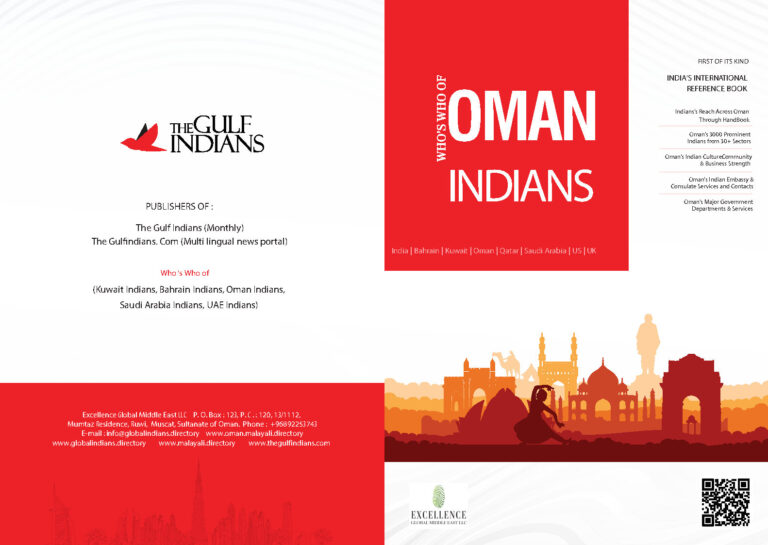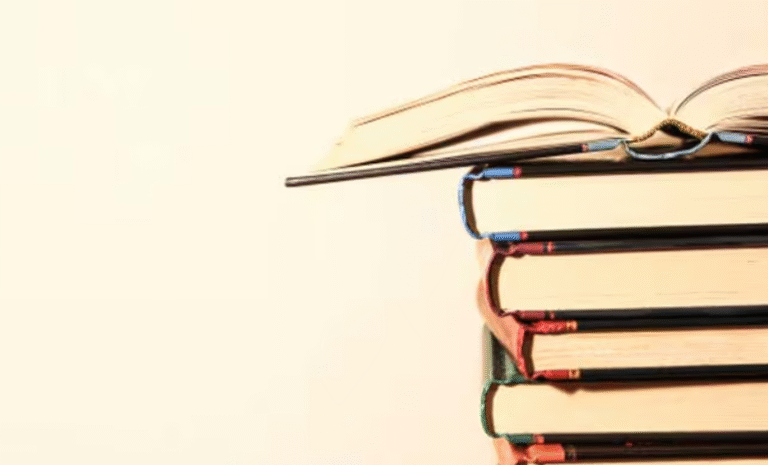All of us think that education has various goals such as knowledge building, character building, career building, contributing to the society, building skills, becoming a good person, and finding a good job, to name a few. However, I look at it from a different perspective.
As a child when I went to school, I never knew what challenges I would encounter as I travel through the next 60 or 70 years of my life. Children need to be prepared and educators need to help develop the skills in them in order to enable them to face challenges for the next 60 to 70 years.
When I think about it, the very first problem is that we do not know what those challenges are. If we connect the challenges, that we have already experienced in the last 60 years by dotted lines, we could perhaps predict where the world will move in the next 70 years.
A lot of predictions are possible for the next 70 years. A prediction on the challenges, from the role of digital technology to the freedom of human beings, from the freedom between the solid bondage of husband, wife and family to our life as a community, from our divided thoughts to the divisions based on our thoughts.
What skills could we give to a child in schools? Teach a curriculum that will meet all requirements for the next 70 years? With all due respect to teachers, curriculum designers, and school authorities, teaching concepts is a requirement because unless the concepts are well-taught and well-understood by children, it will be very difficult for them to secure marks, appear for competitive examinations, or get well-employed. But, look around you. What do you see after having lived a life of 50 or 60 years? What was driving us all these years?
There is a connecting force between everything – the road through which we drive, the cars we use, the dress we wear, the spectacles we use, the surgeries we did, and the way we fight with cancer – everything reflects, beyond a concept and in a given context. One common thread. And that thread is called creativity of human beings.
Most of the living creatures have adaptability but very few have creativity. Though bees and ants have creativity towards their own adaptability, the most creative creature to adapt to the ever-changing situations is a human being. The knowledge we secure, the skills we acquire, the friendship we make is due to our ability to be creative. As a teacher can you teach without being creative? As a mother or a father can you raise children without being creative? Everyone at every walk of life is challenged by the ability to be creative to adapt to the ever-changing situations. So, any education under any curriculum should develop the ability of children to become creative. There could be only one more question in my mind: If creativity is an important goal of learning, why does not creativity develop?
All our children are smart enough to be creative. I have only one thought here. Man by birth is creative. Man by birth like any other animal is adaptable. He/she knows how to adapt. But education should help him/her to be creative in his/her thinking, actions, and ways to enjoys life. What stops the creativity in the learning process? Nothing but the monotony of learning.
Learning is understanding, but understanding is sustained and modified only when we do it. Therefore, all that we learn we have to test it by doing. Schools will need a lot more workshops, labs, and environment friendly areas to run, to play, to cultivate, and to go fishing; because all that we learn in a classroom, as a concept, is well-applied in our life at every point of time.
Teachers give worksheets as homework. But how is doing worksheets going to help children? If a worksheet is directly connected to what has been taught in a classroom, and a review of it is done in a classroom, it may have an effect, I don’t deny it. But if homework is more connected to the several things a child does from the moment he/she leaves the school such as walking with his/her friends, travelling in a vehicle, cleaning himself/herself, watching a movie, or even playing; everything he/she has to do is by using his/her creativity and with the skill or the knowledge acquired. And, if he/she is able to note down the observations of the knowledge or the skill applied on a sheet of paper, then such homework is effective.
The scripting of what has been applied in real life from a concept studied in a classroom helps the child to be creative because he/she experiences what has been taught. And the concept goes deeper with a million questions. It is just like the doubts and anxiety a learner has when he/she starts to learn how to drive a car.
So, learning in schools should be well-balanced and the concept should be learned in-depth. If a student has learned a subject, he/she should be well-prepared to answer any question. Along with deep learning, educators should allow the child to practise it, experience it, scrip it, and perform it. And by doing so, it will go deeper into the mind and more doubts will arise. If that learning is really allowed to grow, no doubt – our children will be creative, practical, innovative, and confident to appear for any national or international examinations.












